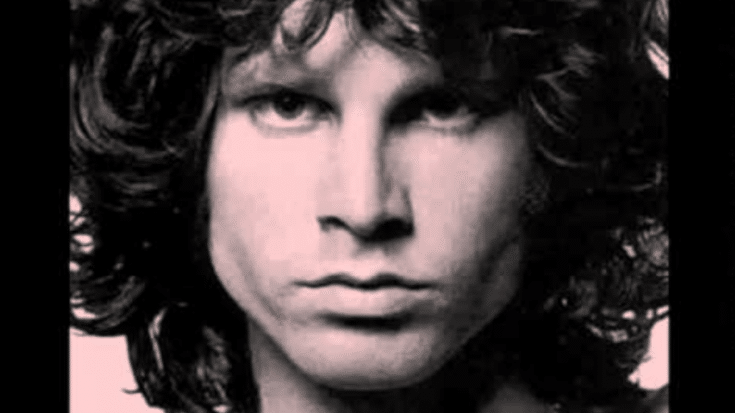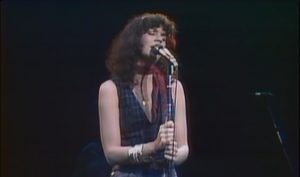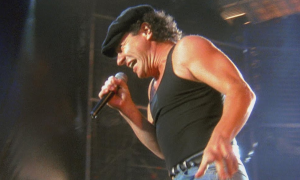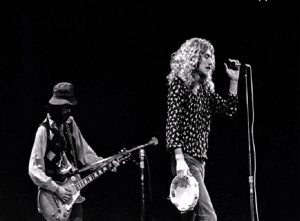10 Rock Songs That Sparked Controversy

via thecurseofpam / Youtube
Rock music has often been a platform for artists to express their views, challenge norms, and push boundaries. Throughout history, there have been songs that ignited controversy, sparking debates, bans, and even legal battles. Let’s dive into some of these rock anthems that made waves with their daring lyrics, themes, and messages.
“This Note’s for You” by Neil Young
Neil Young, known for his socially conscious music, challenged artists who allowed their songs to be used in TV commercials. In “This Note’s for You,” he criticized commercialization in the music industry. Young’s song, inspired by Budweiser’s ad campaign, called out artists for selling out to advertisers. The music video parodied ads of famous musicians, resulting in MTV initially banning it. Eventually, the video won the “Video of the Year” award at the 1989 MTV Awards.
“Give Ireland Back to the Irish” by Wings
In the wake of Bloody Sunday, when British soldiers killed unarmed protesters in Northern Ireland, Paul McCartney wrote “Give Ireland Back to the Irish” as a protest against the violence. Despite being banned by the BBC, the song reached the charts in both the UK and the US. McCartney’s song was a powerful call to question the actions of the British government and raise awareness about the ongoing conflict.
“Closer” by Nine Inch Nails
Nine Inch Nails’ “Closer” became infamous not just for its lyrics but also for its highly controversial music video. Trent Reznor, the mastermind behind the band, created a visual experience that pushed the boundaries of conventional music videos. Despite MTV’s resistance, Reznor remained steadfast in his commitment to his artistic vision.
“Killing In the Name” by Rage Against the Machine
Rage Against the Machine’s “Killing In the Name” serves as a powerful anthem of resistance, embodying the band’s name by channeling their outrage against police brutality. The song’s lyrics, penned by frontman Zach de la Rocha, were ignited by the Rodney King beating in 1991—a tragic event that ignited the Los Angeles riots.
“The End” by The Doors
The Doors’ “The End” stands as an audacious testament to pushing boundaries and challenging societal norms. Jim Morrison’s lyrical composition reads like an exploration of how far he could push the limits of acceptability. The unsettling exchange between Morrison’s voice and his imagined father is both provocative and surreal: “Father?” / “Yes, son?” / “I want to kill you” / “Mother, I want to…” The monotone drone of “Come on, yeah” midway through the song adds an eerie layer to its audacious content.
“Lola” by The Kinks
The Kinks’ “Lola” explored a transvestite affair, challenging traditional notions of gender and sexuality. The song’s lyrics addressed themes that were considered taboo at the time. The BBC missed the meaning behind the lyrics, but still, the song’s bold exploration of gender identity resonated with audiences.
“God Save the Queen” by the Sex Pistols
The Sex Pistols’ “God Save the Queen” was released during Queen Elizabeth II’s Jubilee celebrations, critiquing the monarchy and British society. Despite being banned by the BBC, the song reached No. 2 on the charts. The controversy captured the rebellious spirit of punk music.
“American Skin (41 Shots)” by Bruce Springsteen
Bruce Springsteen’s “American Skin (41 Shots)” addressed the tragic shooting of Amadou Diallo by police officers. The song sparked controversy, with police boycotting Springsteen’s concerts. Springsteen aimed to create dialogue and empathy through his music, shedding light on social issues.
“Suicide Solution” by Ozzy Osbourne
Ozzy Osbourne’s “Suicide Solution” faced legal challenges after a lawsuit claimed it played a role in a young man’s suicide. Osbourne defended his song, highlighting that personal issues might have played a bigger role. The case was eventually dismissed, underscoring the complexities of music’s impact on listeners.
“Imagine” by John Lennon
John Lennon’s “Imagine” is celebrated as an anthem for peace and unity, but its thought-provoking lyrics stirred controversy. The song’s call for imagining a world without religion, possessions, and national borders challenged societal norms. Critics and religious groups accused Lennon of promoting atheism and undermining traditional values.





















